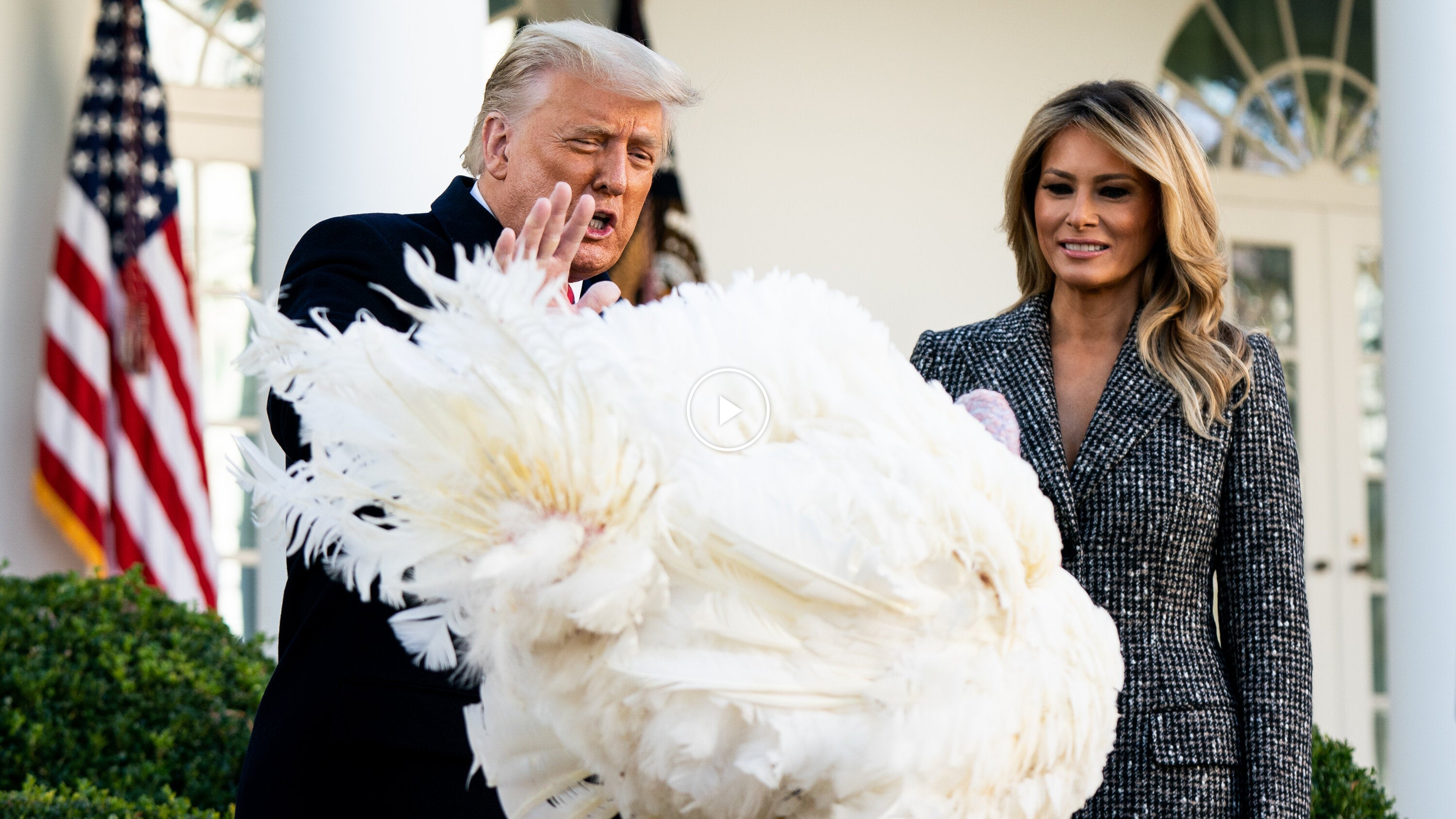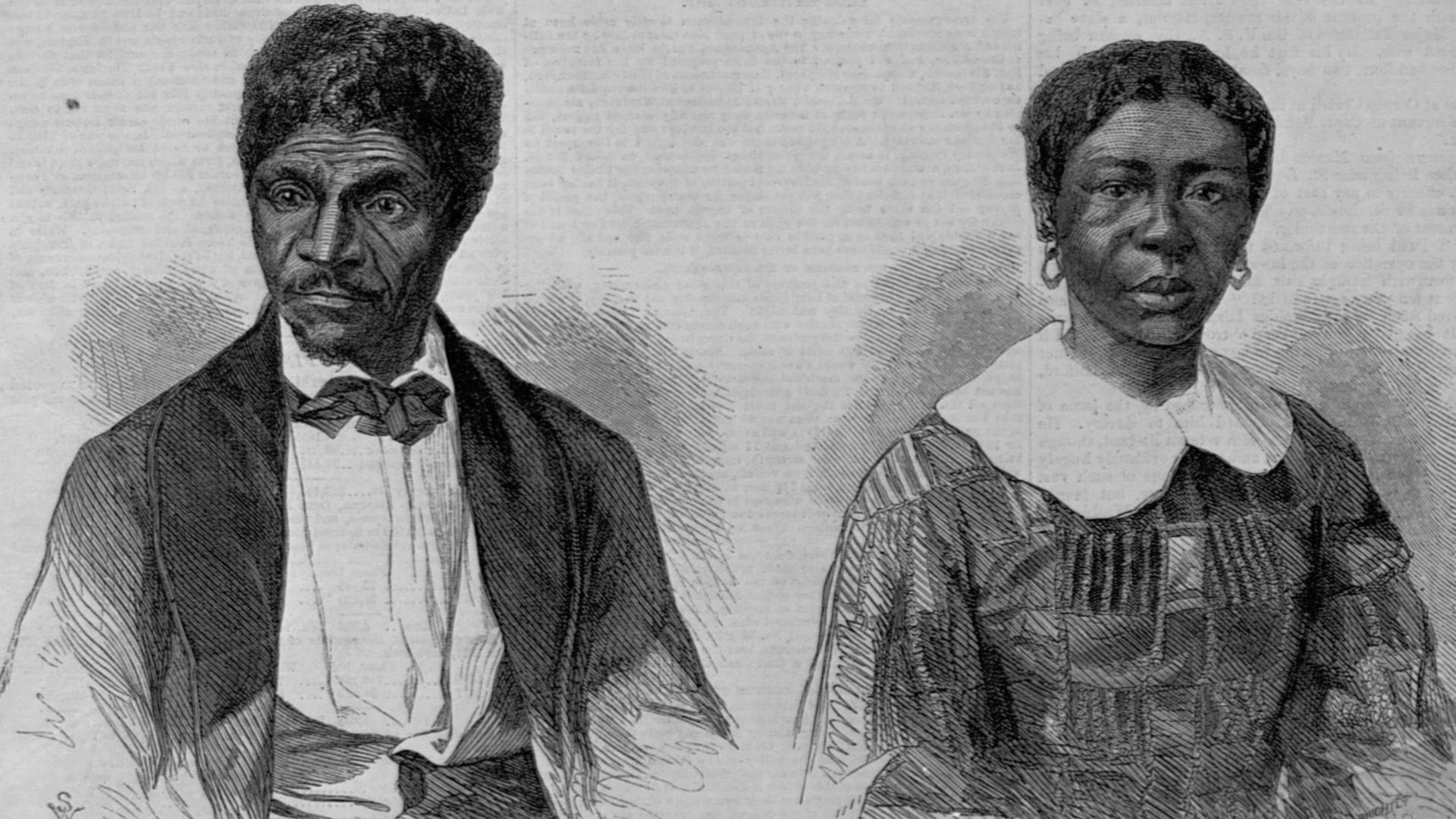ChatGPT Creator OpenAI Under FTC Investigation: Key Questions Answered

Table of Contents
What prompted the FTC investigation into OpenAI?
The FTC, tasked with protecting consumers and ensuring fair competition, investigates businesses suspected of engaging in deceptive or unfair practices. Data privacy and consumer protection are at the heart of its mandate. Several potential concerns may have triggered the OpenAI FTC investigation:
-
Data Privacy Violations: ChatGPT's vast data collection practices are under scrutiny. Concerns exist regarding how user data is collected, stored, used, and protected. The FTC is likely examining OpenAI's compliance with existing data privacy regulations, such as GDPR and CCPA. The sheer volume of data processed by ChatGPT and the potential for misuse raise serious privacy issues.
-
AI-Generated Misinformation: The capacity of AI models like ChatGPT to generate convincing yet false information is a growing societal concern. The FTC investigation may explore whether OpenAI has taken sufficient steps to mitigate the risks associated with the dissemination of misinformation via ChatGPT. This includes examining methods to detect and prevent the creation and spread of harmful or deceptive content.
-
Unfair or Deceptive Practices: Concerns may surround the marketing and presentation of ChatGPT's capabilities and limitations. The FTC might be investigating whether OpenAI has made misleading claims about ChatGPT's accuracy, reliability, or overall functionality. Exaggerated claims about AI capabilities can be considered deceptive under consumer protection laws.
-
Algorithmic Bias: AI models are trained on vast datasets, and if these datasets reflect existing societal biases, the AI model may perpetuate or even amplify those biases. The FTC's investigation might examine whether ChatGPT exhibits biases that could discriminate against certain groups or individuals, potentially violating anti-discrimination laws.
While neither the FTC nor OpenAI has released extensive details regarding the specifics of the investigation, the combination of these factors points towards a multifaceted probe into OpenAI's practices.
What are the potential consequences for OpenAI?
The consequences of the OpenAI FTC investigation could be significant. OpenAI might face a range of penalties, including:
-
Substantial Fines: The FTC has the power to levy significant financial penalties for violations of consumer protection laws and data privacy regulations. The amount of any fine could depend on the severity of the violations and OpenAI's level of cooperation with the investigation.
-
Mandated Changes to Data Practices and AI Development: The FTC could mandate significant changes to OpenAI's data collection, storage, and usage practices. This might include implementing stronger data security measures, enhancing user consent mechanisms, or altering the training methodology for AI models to minimize biases. The FTC may also impose restrictions on how OpenAI uses user data in training future models.
-
Restrictions on User Data: The FTC could impose strict limitations on how OpenAI collects, uses, and shares user data. This might involve restrictions on the types of data collected, how long it is stored, and who it can be shared with.
-
Reputational Damage: Even without significant financial penalties, the negative publicity associated with the investigation could severely damage OpenAI's reputation, affecting its ability to attract investors, partners, and customers.
This investigation sets a precedent for future oversight of AI companies. Similar investigations into other tech giants have resulted in substantial fines and sweeping changes to business practices. The outcome of this investigation could significantly impact OpenAI's financial stability and its ability to secure future funding.
How might this investigation impact the future of AI development?
The OpenAI FTC investigation will likely have far-reaching implications for the AI industry:
-
Increased Scrutiny of AI Development Practices: The investigation highlights the need for greater transparency and accountability in the development and deployment of AI systems. Other AI companies will likely face increased scrutiny from regulators and the public regarding their data practices and ethical considerations.
-
Stricter Regulations Surrounding AI and Data Privacy: The investigation could spur the development and enactment of stricter regulations governing AI development and data privacy, mirroring the regulatory frameworks for other technologically advanced industries. This might lead to increased compliance costs for AI companies.
-
Greater Transparency and Accountability in AI Model Creation: The need for increased transparency in AI model training data and algorithms will likely become more prominent. This includes clear explanations of how AI models are trained and the potential biases they may exhibit.
-
Impact on Innovation and the Speed of AI Development: While increased regulation might slow the pace of AI innovation in the short term, it could ultimately lead to a more sustainable and ethical AI ecosystem in the long run. The increased focus on responsible AI development will likely lead to a shift in priorities.
Globally, regulatory efforts concerning AI are accelerating. The European Union's AI Act and similar initiatives in other countries suggest a growing international consensus on the need for ethical and responsible AI development.
What can users do to protect their data when using AI tools like ChatGPT?
Users can take proactive steps to protect their data while using AI tools:
-
Review Privacy Policies: Before using any AI tool, carefully review its privacy policy to understand how your data will be collected, used, and protected.
-
Mindful Information Sharing: Avoid sharing sensitive personal information, such as financial details or health records, with AI chatbots unless absolutely necessary.
-
Understand AI Limitations: Recognize that AI tools are not infallible and avoid relying on them for critical decisions or sensitive information.
-
Stay Updated: Stay informed about data privacy regulations and best practices to make informed decisions about using AI tools.
Conclusion
The OpenAI FTC investigation marks a pivotal moment for the AI industry. The potential consequences for OpenAI, including substantial fines and mandated changes to its data practices, underscore the growing importance of ethical considerations and data privacy in AI development. This investigation emphasizes the need for increased transparency and accountability within the AI sector. The outcome will significantly influence the future regulatory landscape of AI, impacting both developers and users. To stay informed about the ongoing OpenAI FTC investigation and the evolving regulatory landscape surrounding AI, follow the OpenAI FTC Investigation closely, stay updated on OpenAI's response, and learn more about the implications of the OpenAI FTC investigation through reputable news sources and legal analysis. Understanding the implications of this investigation is crucial for everyone involved in the AI ecosystem.

Featured Posts
-
 Ray Epps Sues Fox News For Defamation Jan 6th Capitol Attack Allegations
Apr 29, 2025
Ray Epps Sues Fox News For Defamation Jan 6th Capitol Attack Allegations
Apr 29, 2025 -
 Technical Glitch Forces Blue Origin To Abort Rocket Launch
Apr 29, 2025
Technical Glitch Forces Blue Origin To Abort Rocket Launch
Apr 29, 2025 -
 Dismissing Valuation Concerns Bof As Argument For A Bullish Stock Market
Apr 29, 2025
Dismissing Valuation Concerns Bof As Argument For A Bullish Stock Market
Apr 29, 2025 -
 Huaweis New Ai Chip A Bid To Rival Nvidias Dominance In The Exclusive Market
Apr 29, 2025
Huaweis New Ai Chip A Bid To Rival Nvidias Dominance In The Exclusive Market
Apr 29, 2025 -
 Temu Price Hikes How Trump Tariffs Impact Us Consumers
Apr 29, 2025
Temu Price Hikes How Trump Tariffs Impact Us Consumers
Apr 29, 2025
Latest Posts
-
 You Tube A New Home For Older Viewers Favorite Tv Shows
Apr 29, 2025
You Tube A New Home For Older Viewers Favorite Tv Shows
Apr 29, 2025 -
 How You Tube Is Attracting An Older Viewership
Apr 29, 2025
How You Tube Is Attracting An Older Viewership
Apr 29, 2025 -
 Trumps Potential Pardon Of Rose Analysis And Reactions
Apr 29, 2025
Trumps Potential Pardon Of Rose Analysis And Reactions
Apr 29, 2025 -
 Rose Pardon Trumps Decision And Its Political Fallout
Apr 29, 2025
Rose Pardon Trumps Decision And Its Political Fallout
Apr 29, 2025 -
 Trump To Issue Full Pardon For Rose What We Know
Apr 29, 2025
Trump To Issue Full Pardon For Rose What We Know
Apr 29, 2025
